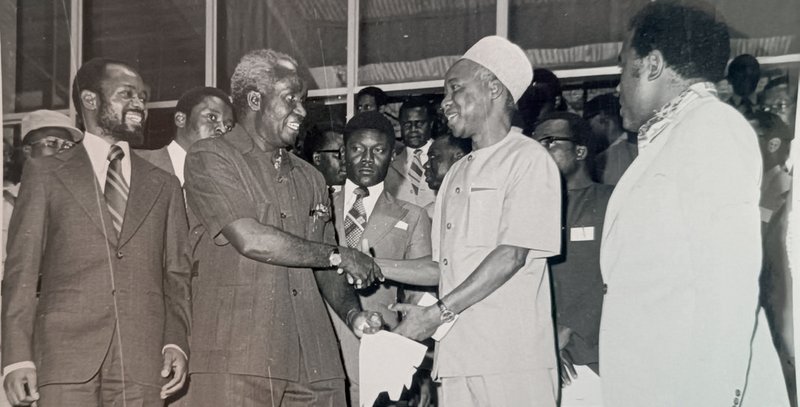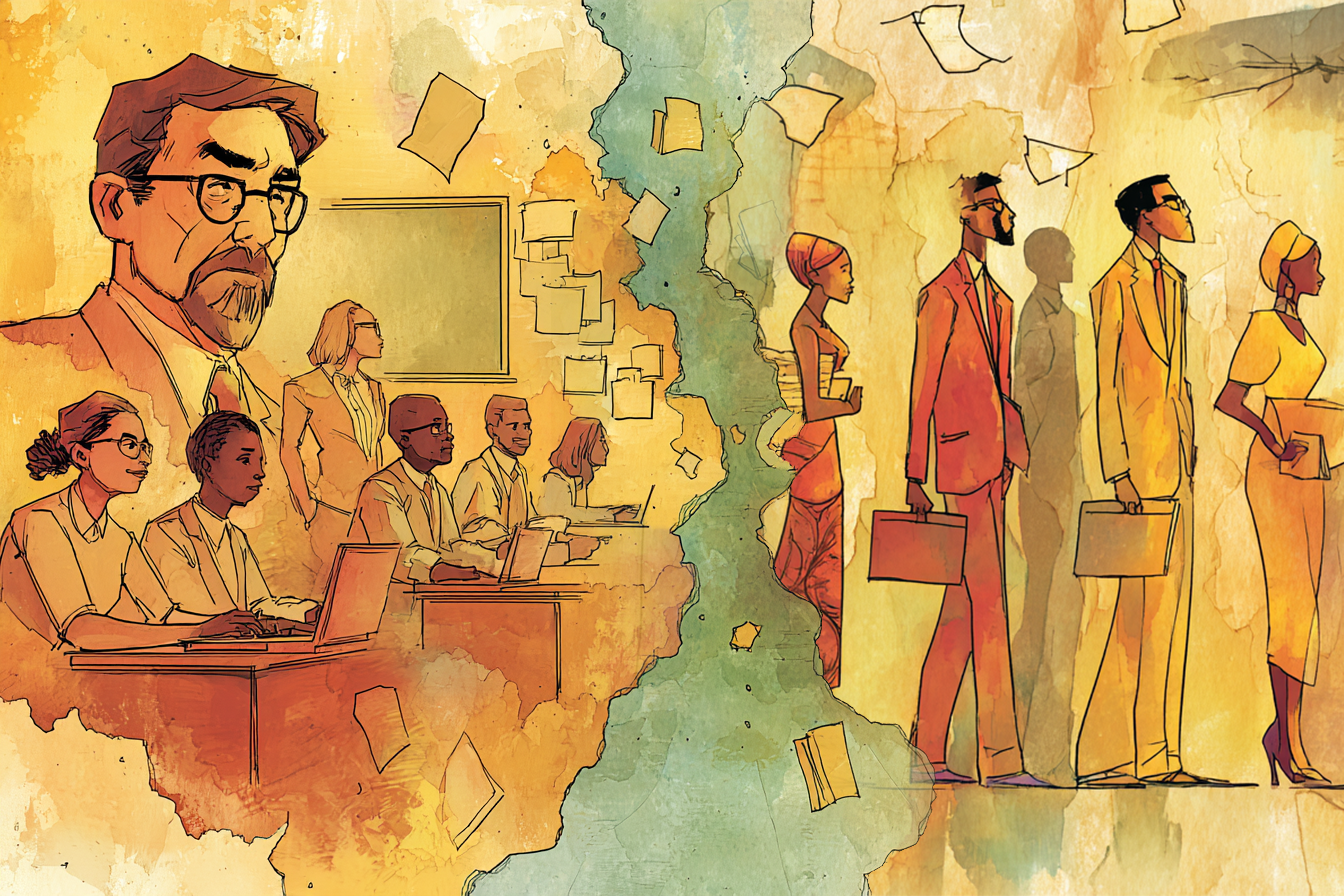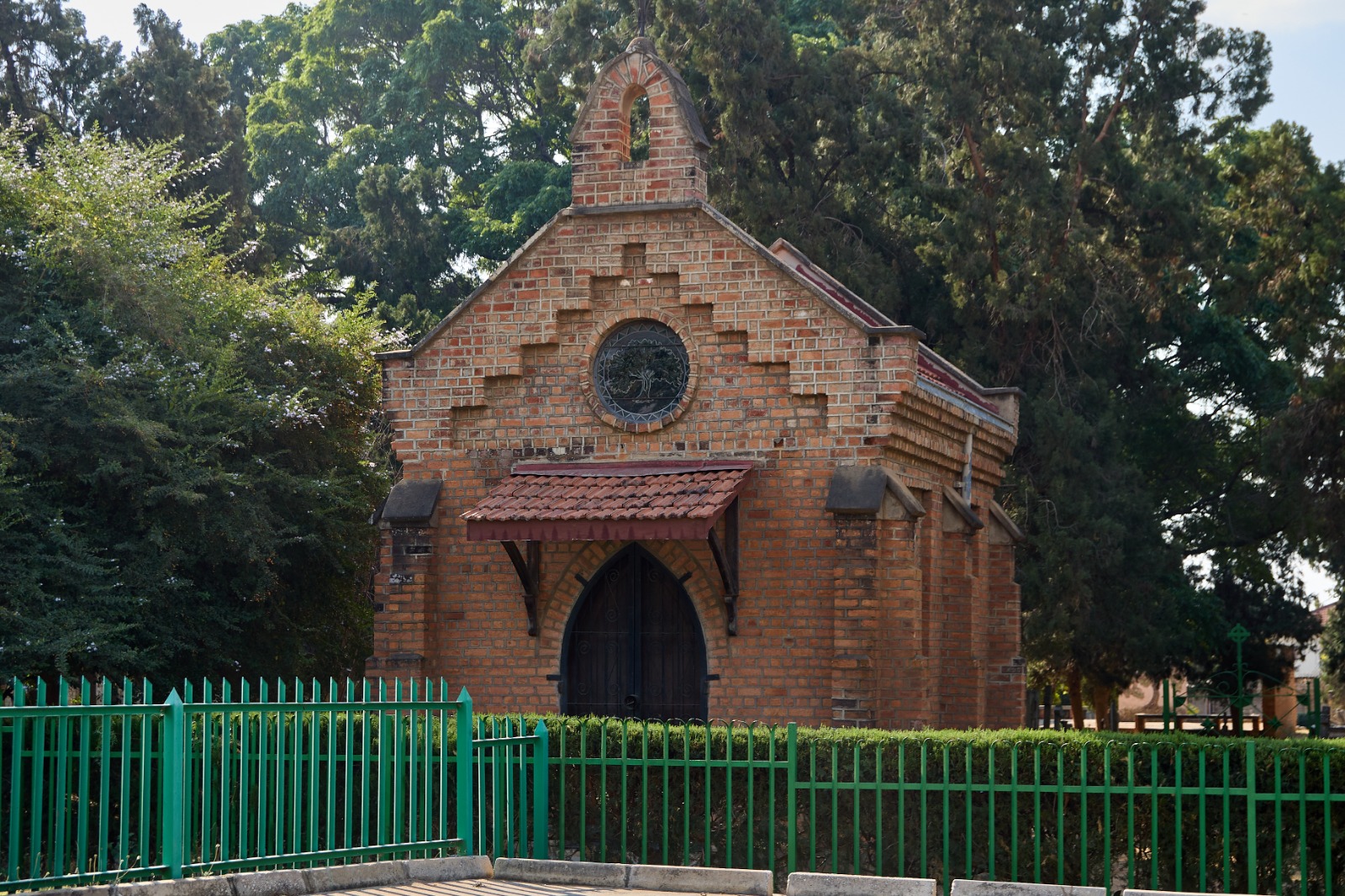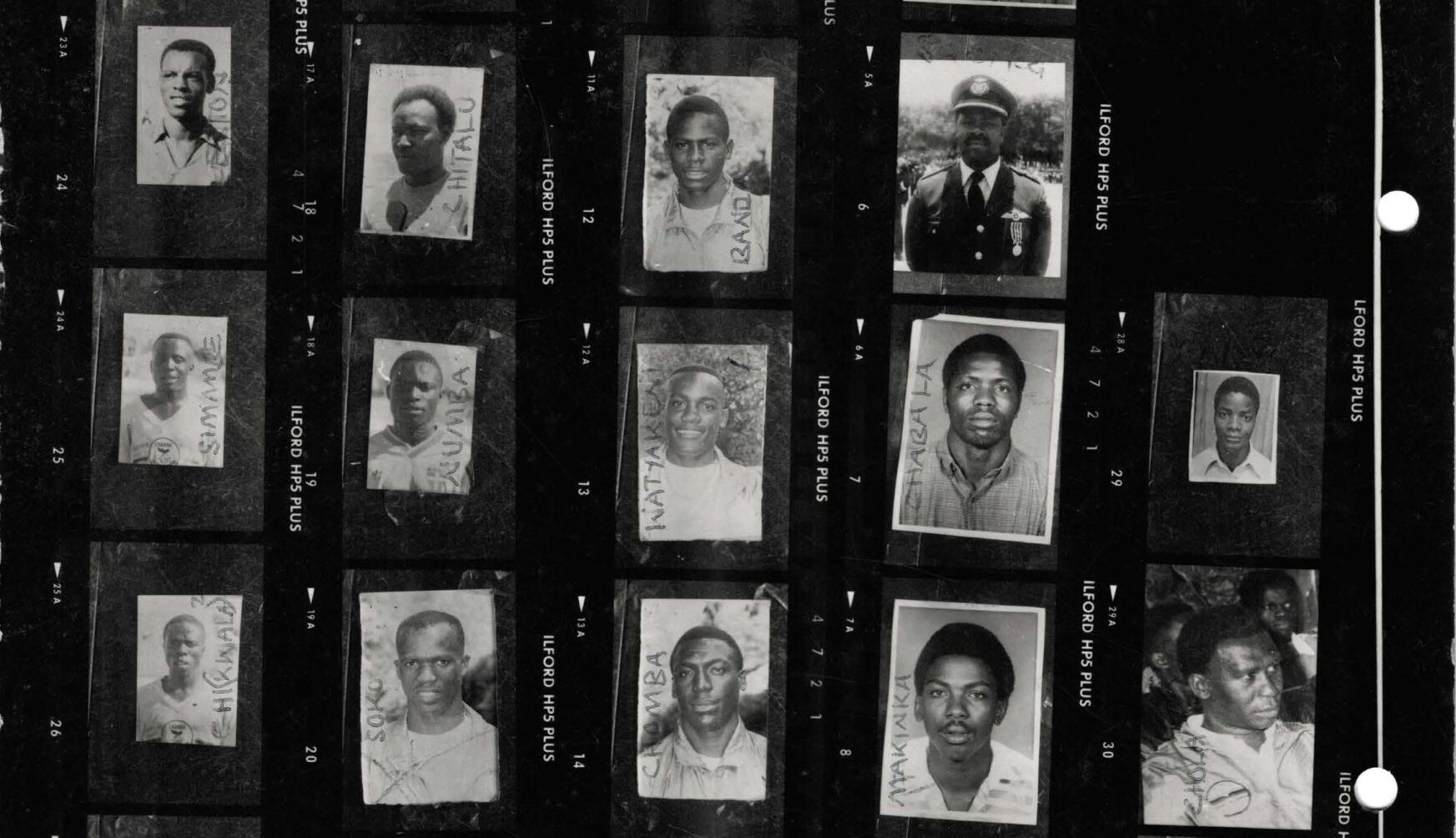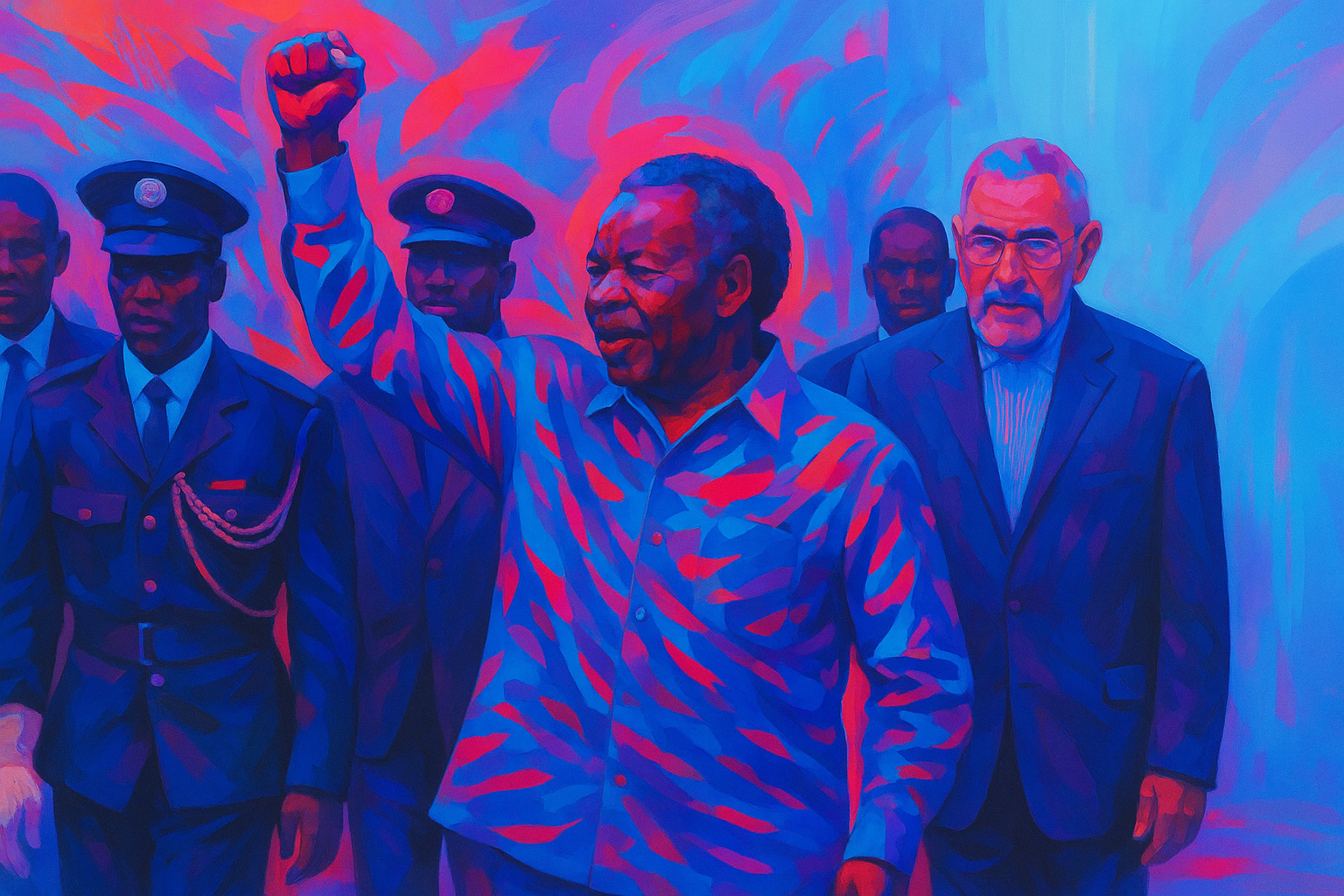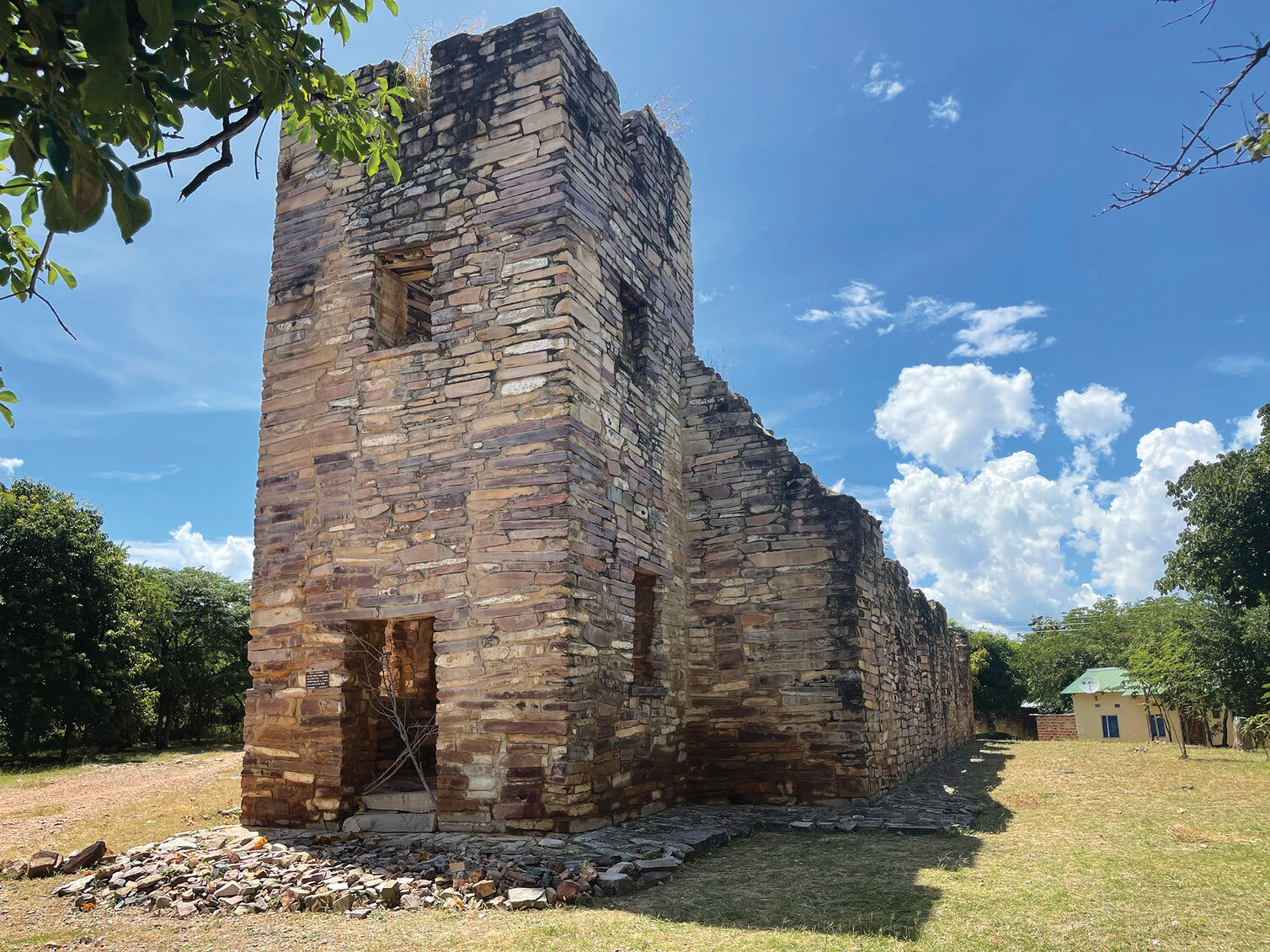From its origins in 1958 to Zambia’s crucial role as a refuge for freedom fighters, Africa Freedom Day (May 25) symbolises unity, resistance, and an unwritten future. This article delves into the continent’s journey—from colonial rule to modern challenges—and why the spirit of liberation still matters today.
Have you ever wondered why May 25 is marked across the continent with speeches, parades, and a renewed sense of African pride? To find out, you would need to travel back in time, to a time before hashtags and viral activism, back to a time when the idea of a free Africa was just that, an idea.
A Dream Develops
It was 1958. The majority of African countries were still ruled by colonial powers, with their leaders either in exile or imprisoned and their citizens longing for independence. However, there were murmurs of unity and whispers of revolution stirring in the wind.
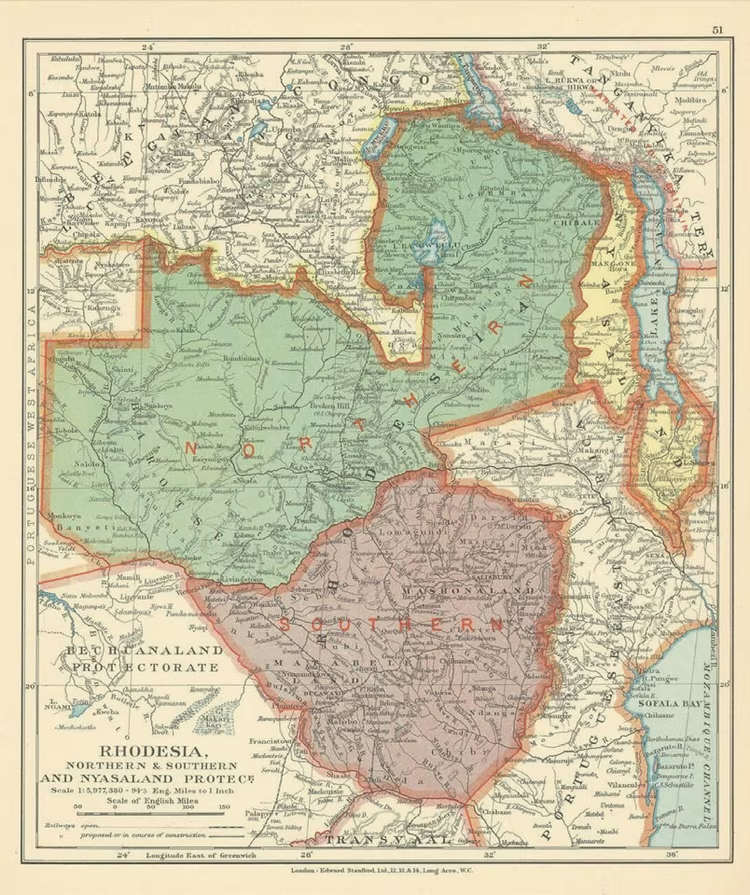
It was in Accra, Ghana, the first African country to gain independence in 1957, where leaders from across the continent gathered for the first Conference of Independent African States on April 15, 1958. Among them were the giants of African liberation: Nkwame Nkurumah of Ghana, Gamal Abdel Nasser of Egypt, Julius Nyerere of Tanzania, and others. Their goal was to create the foundation for a free and united African continent. This meeting led to the creation of Africa Freedom Day, first observed on April 15, to honour the growing independence movements. As more countries gained freedom, this vision expanded, culminating in the formation of the Organisation of African Unity (OAU) on May 25, 1963, in Ethiopia's capital, Addis Ababa.
Zambia's Function: The Refuge of Freedom
By 1964, Zambia now played a significant role in Africa's struggle for independence, not merely as a spectator.
Kenneth Kaunda and the United National Independence Party (UNIP) led Zambia (then Northern Rhodesia) to independence in 1964, a year after the OAU was established. However, Zambia's independence did not entail ignoring its neighbours' hardships. Rather, Zambia turned into a haven and a starting point for liberation movements that were still opposing colonial and apartheid governments.
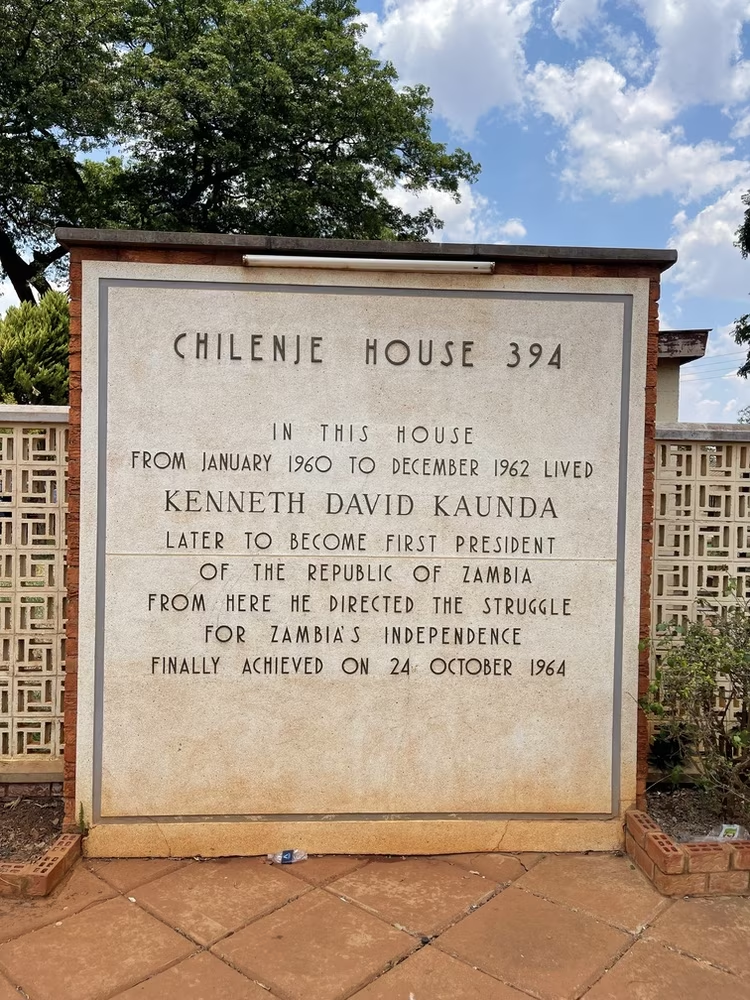
Did you know? During South Africa's fight against apartheid, the African National Congress (ANC) had its headquarters in Lusaka. The South West Africa People's Organisation (SWAPO) of Namibia, as well as Zimbabwe's liberation movements, were also based in the city, providing freedom fighters with logistical, political, and even military support.
Zambia’s commitment came at a price. The country faced economic sabotage from neighbouring white-minority regimes and, in some cases, direct military attacks. You’d imagine the gravity of this to a landlocked country. Yet, Kaunda and the Zambian people remained steadfast, proving that solidarity came with real sacrifice.
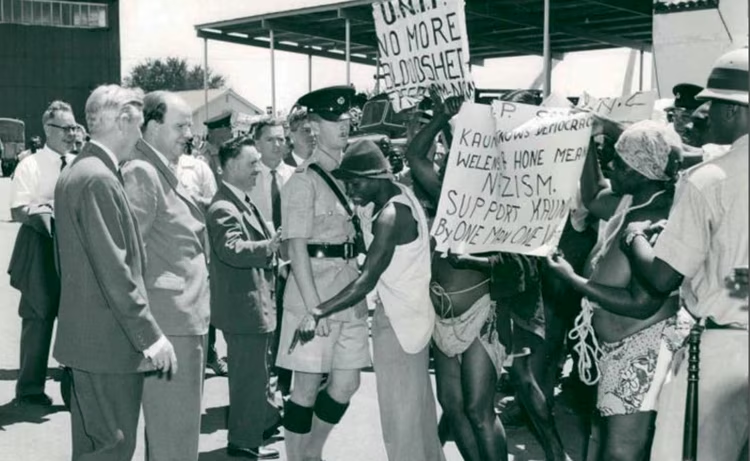
Today, a tangible part of that history still stands. Kenneth Kaunda’s home in Chilenje is preserved as a museum, offering a glimpse into the life of a leader who believed in African unity. Chilenje House 394, a simple but significant home where Kaunda lived before independence, is filled with artefacts and the personal effects of the Kaunda family from Zambia’s liberation era.
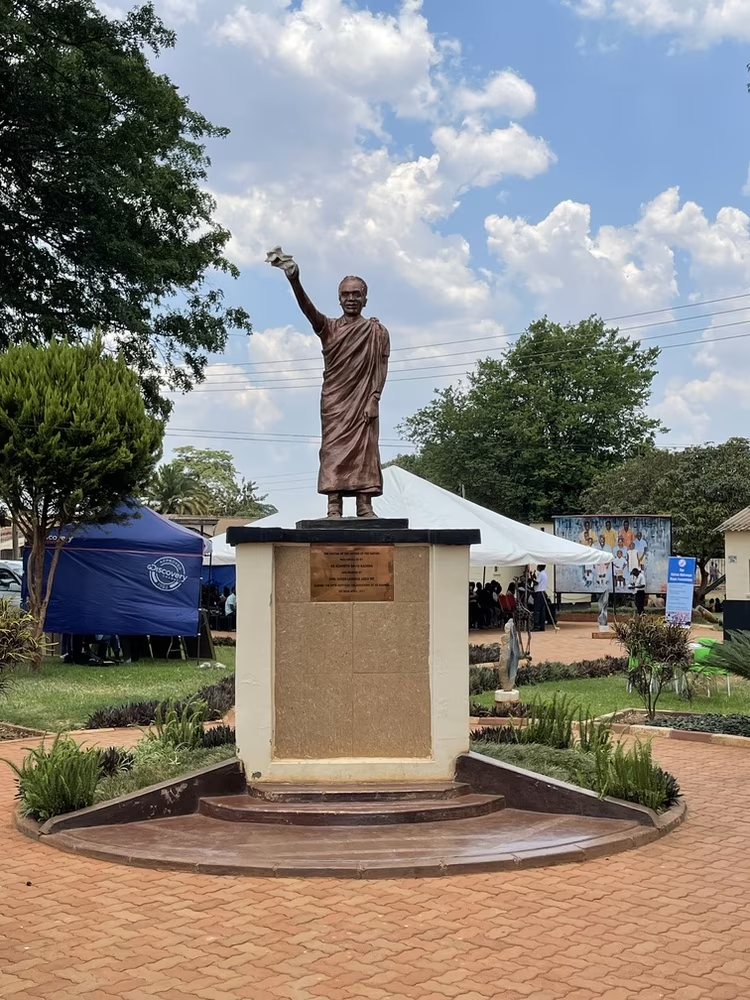
But perhaps one of the most understated historical gems is the Heritage House in Lusaka, which was once a safe house for South African freedom fighters. It is said that Oliver Tambo, a key figure in the ANC, found asylum there during the anti-apartheid struggle. It served as a meeting place, a strategic hiding place, and a representation of Zambia's support for liberation, in addition to being a house. History still echoes within its walls, serving as a silent reminder of Zambia's part in Africa's liberation narrative.
Why Africa Day still Matters
Today, Africa is politically independent. However, in a world where the conflicts have moved from colonial rule to economic dependency, corruption, and social inequality, does Africa Freedom Day still have any significance? Yes, is the response, although, let's face it, nobody gripes about a public holiday.
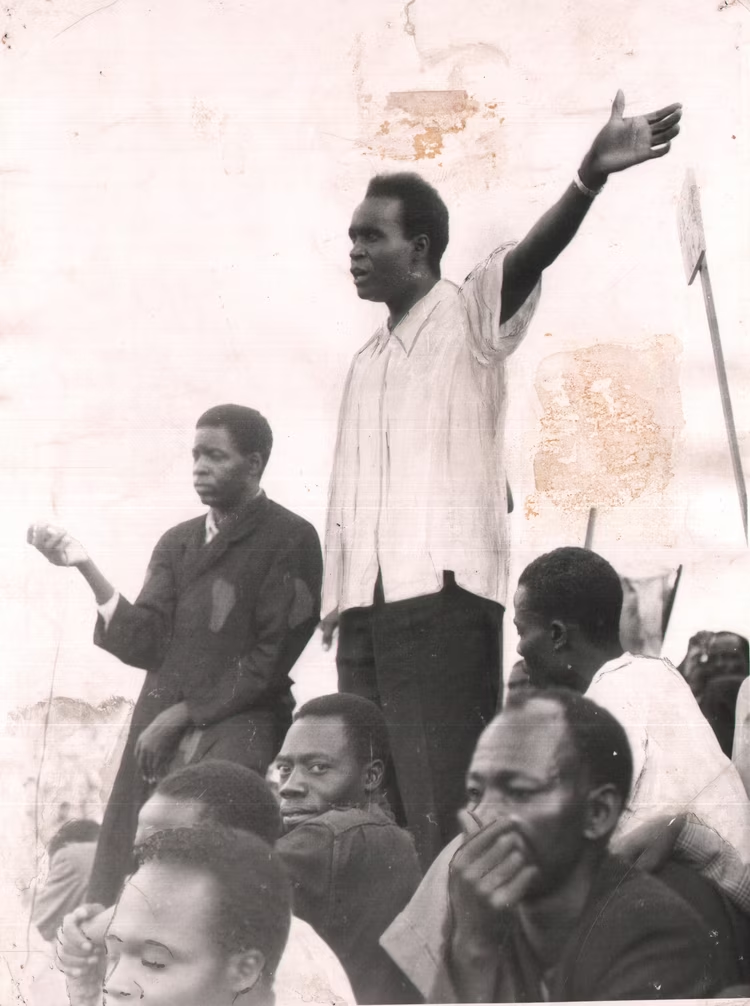
Africa Freedom Day is not to be taken lightly. It serves as a reminder of our progress and our ongoing progress. It forces us to consider contemporary manifestations of colonialism, ranging from cultural erasure to economic exploitation. It exhorts young Africans to be the next generation of revolutionaries, not with weapons, but with creativity, ideas, and a dedication to independence.
The Lusaka National Museum provides a more comprehensive view of Zambia's past and present, encompassing pre-colonial customs, the independence movement, and more, for those who wish to become fully immersed in the country's history.
The Future Is Ours to Write
As we celebrate Africa Freedom Day, we honour the past, but more importantly, we shape the future. Whether it’s through preserving indigenous knowledge, promoting African entrepreneurship, or holding leaders accountable, the spirit of liberation must live on.
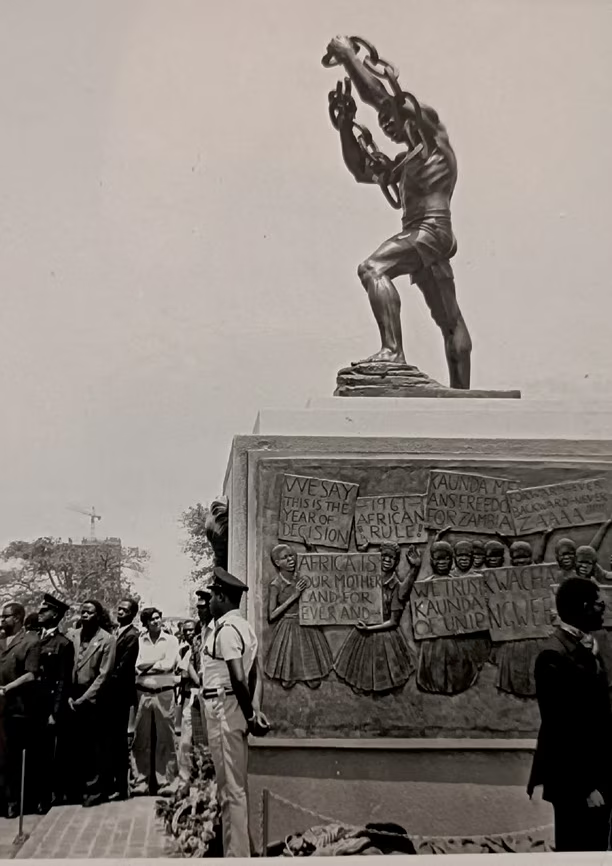
So, the next time May 25 comes around, take a moment to reflect, not just on the history, but on the future you want for Africa. Because, as the freedom fighters of old knew all too well, true liberation is never given; it is taken, protected, and passed on to the next generation.
